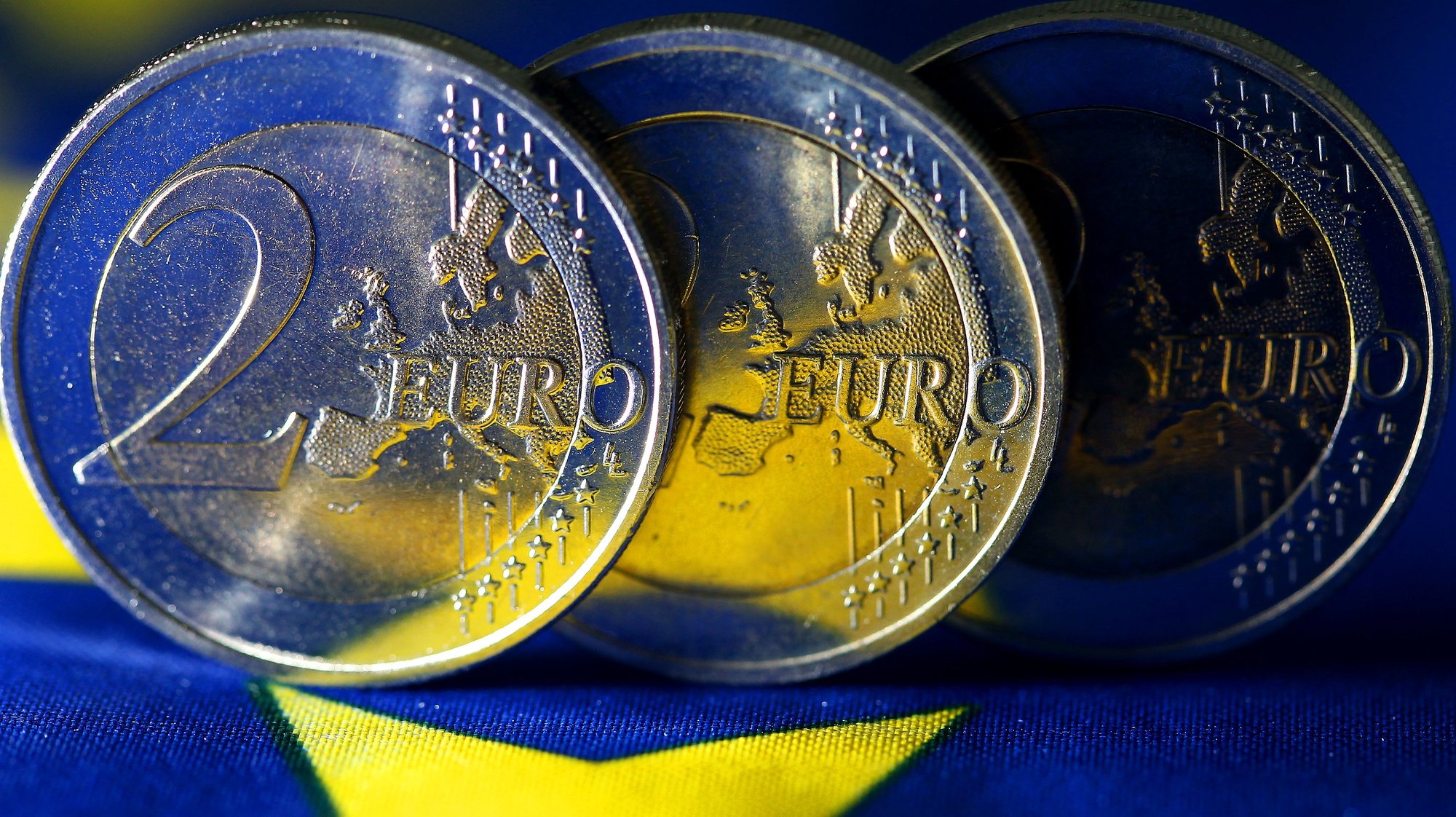Croatia joins the euro this Sunday, making the former Yugoslav republic the 20th country in the European Union to share the single currency, and becomes part of the Schengen area of free movement.
Croatia thus abandoned its national currency, the kuna, and the conversion rate was set at 7.5345 kuna for every euro.
According to the European Central Bank (ECB), by the end of 2023, all goods and services must be indicated in kuna and euros. Already for two weeks after the introduction of the euro, both the kuna and the euro (coins and bills) must be accepted as a means of payment.
In 2022, the single currency celebrated 20 years of physical circulation. Since 1999 the euro was already circulating as a currency in the financial markets, but it was not until January 1, 2002 that it reached the pocket of consumers.
The 12 founding countries of the eurozone (including Portugal) would be joined in the following years by Slovenia (2007), Cyprus and Malta (2008), Slovakia (2009), Estonia (2011), Latvia (2014) and Lithuania (2015). . Croatia thus becomes the twentieth country with the single currency.
Membership of the euro implies that the Member State of the European Union (EU) has to fulfill economic and financial commitments, in the case of low inflation and solid public finances.
Croatia has four million inhabitants and an important tourism sector. In 2021, ‘per capita’ (per inhabitant) Gross Domestic Product (GDP) was 30% below the EU average (in 2021, Portugal was 26% below the EU average).
Despite the benefits that economists foresee in joining the euro, first of all because most foreign trade is with countries in the euro zone, the inhabitants fear that the adoption of the euro will further increase the price of products and services. In November, Croatia’s inflation rate was 13.5%.
Croatia was at war between 1991 and 1995 after the declaration of independence from Yugoslavia. The country applied for EU membership in 2003 and joined on July 1, 2013.
The country also passes from today to integrate the Schengen space of free circulation in the European Union, which allows 420 million people to travel freely between the member countries without going through border controls, this being the eighth extension and the first by the end of 11 years.
Source: Observadora
